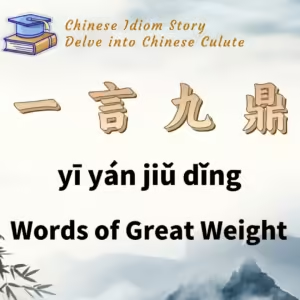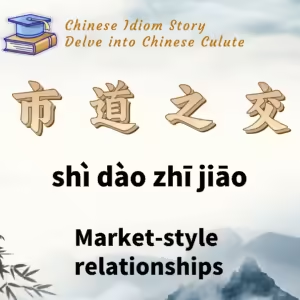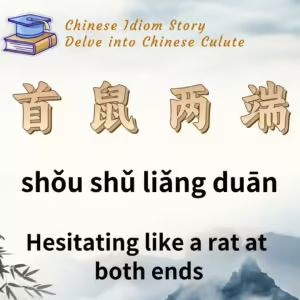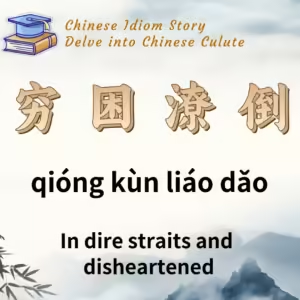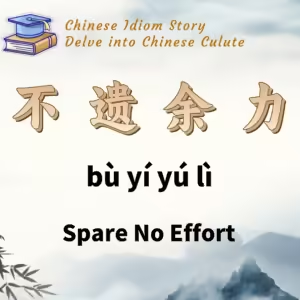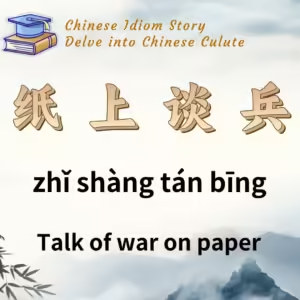
Chinese Idiom: 排难解纷 (Pai Nan Jie Fen)
English Translation: Remove difficulties and resolve disputes
pīn yīn: pái nán jiě fēn
Idiom Meaning: This idiom refers to helping others by alleviating their difficulties and mediating disputes; it is often used to describe the act of resolving conflicts between opposing sides.
Historical Source: Strategies of the Warring States (战国策) – “Strategies of Zhao.”
Idiom Story:
In 260 BCE, after a devastating defeat at the Battle of Changping, the state of Zhao faced dire straits. By 259 BCE, the Qin army had surrounded Zhao’s capital, Handan. To seek aid, Zhao’s King Xiaocheng dispatched his brother, Prince Pingyuan Zhao Sheng, to negotiate an alliance with the state of Chu and simultaneously wrote to King Wei and his general, Wei Wujun (also known as Xinling Jun) to request military support.
Initially, King Wei agreed to send General Jin Bi with an army of 100,000 men to assist Zhao. However, upon learning of this, Qin’s King Zhao threatened that if anyone dared to aid Zhao, he would retaliate after conquering Zhao. Fearing this, King Wei ordered Jin Bi to remain stationed near Zhao’s borders at Ye (modern-day Hebei and Henan) and sent General Xin Yu to persuade Zhao to submit to Qin’s authority, which might convince the Qin army to withdraw.
Caught in indecision, King Xiaocheng was overwhelmed by differing opinions from his advisors. At this critical juncture, a man named Lu Zhonglian volunteered to persuade General Xin Yu. He argued passionately that submitting to Qin’s rule would only lead to greater tyranny, and he would rather die than live as a subject of Qin. Furthermore, he warned that if Qin were to become emperor, not only would Zhao fall under its control, but Wei would also be vulnerable to the same fate, as Qin could arbitrarily eliminate any lord or official at will.
After considering Lu Zhonglian’s arguments, Xin Yu changed his mind and returned to Wei, abandoning the plan to submit to Qin. With the support of the Chu army and Wei’s covert aid, Zhao eventually defeated the Qin forces and lifted the siege of Handan.
Grateful for Lu Zhonglian’s counsel, King Xiaocheng offered him a government position and a reward of a thousand taels of gold. Lu Zhonglian, however, humbly declined both, stating, “What truly matters to a capable and wise person is to alleviate the troubles of others, resolve their crises, and mediate disputes without seeking any reward.”
Thus, the idiom “排难解纷” embodies the spirit of selflessness and the importance of helping others in times of distress.

